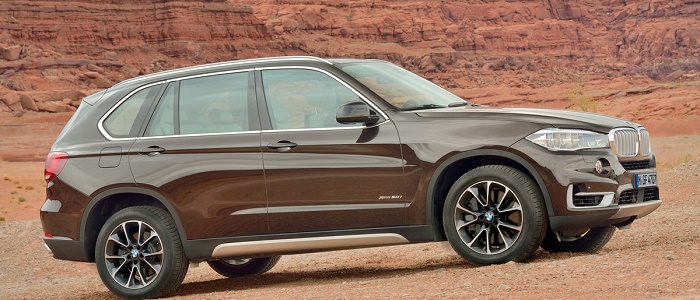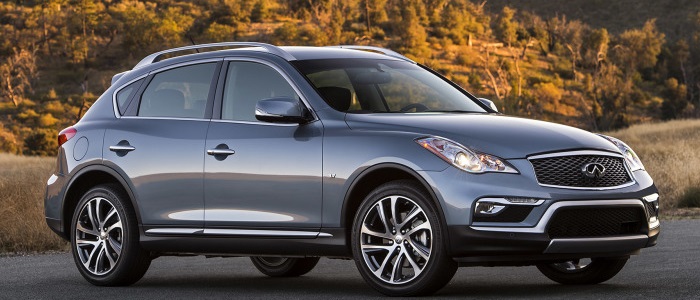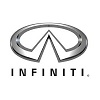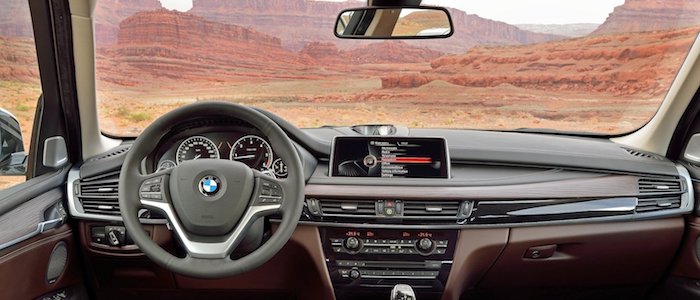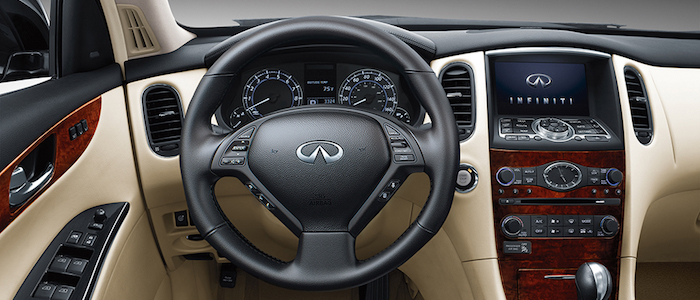Compare two cars
Compare any two cars and get our Virtual Adviser™ opinion
Dimensons & Outlines
Check vehicle history
Engine
Performance (manual gearbox)
Performance (automatic gearbox)
Expenses
Virtual Adviser's™ opinion
Well, these are two pretty similar cars we have here! It's only details that could potentially make the difference. Considering they both belong to the suv segment and utilize the same 5-door suv body style and the 4 x 4 wheel drive system, it all comes up to the specific diesel engine choice they offer. The first one has a BMW-engineered powertrain under the hood, a 6-cylinder, 24-valves 313hp unit, while the other one gets its power and torque from a 6-cylinder, 24-valves 240hp engine designed by Renault.
SafetyUnfortunatelly, neither of the two vehicles was submitted to the European New Car Assessment Programme (Euro NCAP) testing. This makes it virtually impossible for me to pick one over the other and I'm generally against buying such cars as the safety should really always come first. Still, apart from the official crash test results there are other things we need to be aware of. Both vehicles belong to the suv segment, which is generally a very good thing safety-wise, but it doesn't do much to help us decide between the two. Furthermore, taking kerb weight as an important factor into account, the German car offers a marginal difference of 6% more metal.
ReliabilityReliability is not the best thing to consider on the make level, but it is worth mentioning that Infiniti does have a slight advantage, at least on all of the models level. That's the official data, while our visitors describe reliability of BMW with an average rating of 4.1, and models under the Infiniti badge with 4.6 out of 5. Unfortunatelly, I don't have enough insight that would allow me to comment in more details on the specific models level. We should definitely mention that owners of cars with the same powertrain as the German car rank it on average as 4.6, while the one under the competitor's bonnet gets 3.1 out of 5.
Performance & Fuel economyBMW is undoubtly more agile, reaching 100km/h in 2 seconds less than its competitor. In addition to that it accelerates all the way to 236 kilometers per hour, 15km/h more than the other car. When it comes to fuel economy an obvious choice would be the German car, averaging around 6 liters of fuel per 100 kilometers (47 mpg), in combined cycle. That's 42% difference compared to the Japanese car!
Verdict
BMW appears just a bit more reliable, although the difference is truly marginal. The most important thing when deciding between any two vehicles should always be safety, both passive and active. In my opinion, everything taken into account, the German car offers slightly better overall protection and takes the lead. It all continues in the same direction, with BMW outracing its opponent in any situation possible, making it better choice for boy racers. To make things even better, it consumps less fuel! All together, there's not much more to say, in this case I wouldn't even consider anything but BMW. Nevertheless, let's not forget that people have different preferences and needs, so what really counts is your personal feel. I'm only here to help. I suggest you spend two more minutes in order to find out which car, based on your needs and budget, would be picked by the virtual adviser™, out of 12.000+ vehicles we currently have in our database.























